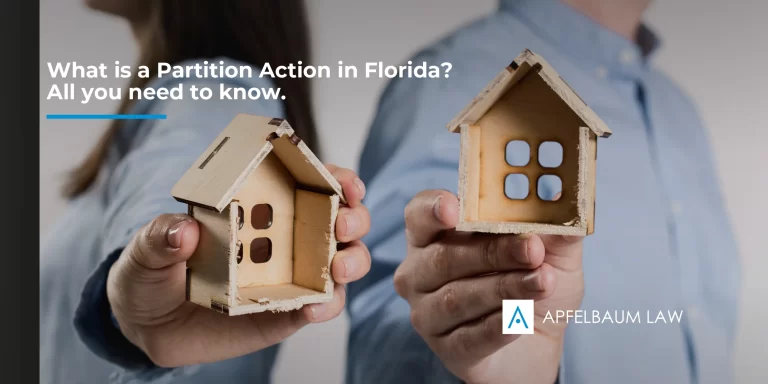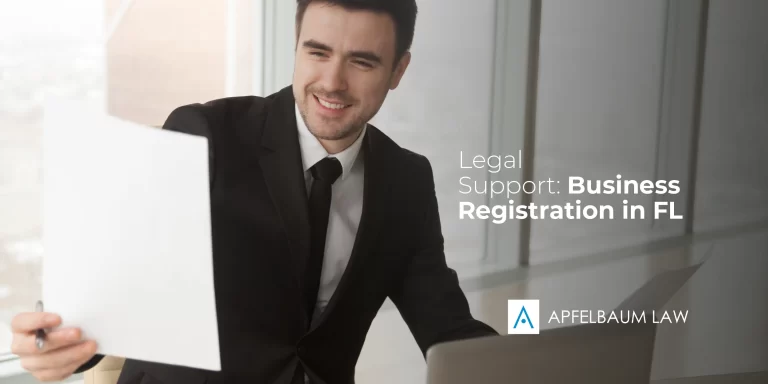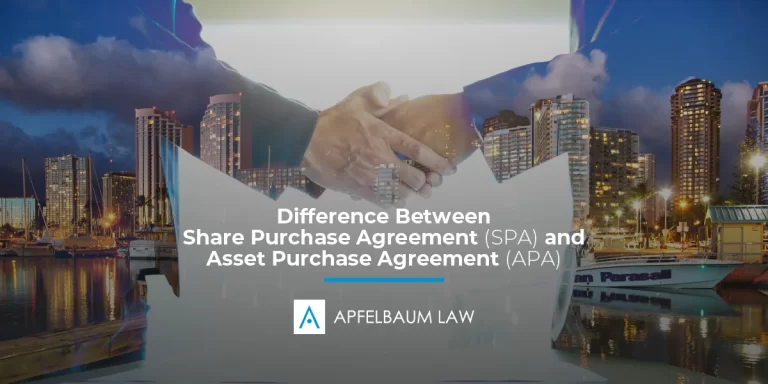Imagine this: you’ve been found guilty of a crime, but instead of facing jail time, you’re given a chance to stay out of prison. This chance is called probation. But what exactly does probation mean, and how can it help you in your situation? Understanding probation and the rules you must follow can make all the difference. Violating those rules could land you in even bigger trouble. Let’s dive into what probation in Florida means, what the rules are, and why having an attorney by your side could be your best move.
What is probation in Florida?
In Florida, probation is a form of supervised release that allows individuals convicted of a crime to remain in the community instead of serving time in prison. However, probation is not freedom without strings. It comes with strict conditions that, if broken, can result in serious consequences, including imprisonment.
The main purpose of probation is to reintegrate individuals into society while maintaining accountability for their actions. It’s important to understand that probation is not leniency; it’s a structured alternative to incarceration with specific Florida probation rules.
How does probation work in Florida?
Probation in Florida is controlled by the court and managed by probation officers, who must ensure that probationers comply with the terms set by the judge. These conditions often include regular check-ins, drug testing, community service, and maintaining employment. For some, it may involve attending counseling or paying fines known as Florida probation fees.
The length of probation can vary depending on the crime committed, ranging from a few months to several years. Violating the conditions of probation is known as a “probation violation” and can result in harsher penalties, including revocation of probation and a possible prison sentence.
Types of probation in Florida
There are different types of probation in Florida, each with its own set of rules and limitations. Understanding the differences between them can help individuals navigate their specific situations.
Felony probation in Florida
Felony probation is designed for those convicted of a felony crime. This form of probation tends to be more intense, with stricter requirements compared to misdemeanor probation. Felony probation often includes frequent reporting to probation officers and additional conditions such as regular drug testing or mandatory counseling.
For example, if you were convicted of a felony drug charge, you might be placed on felony probation where you would be required to attend substance abuse treatment and submit to random drug screenings. Failure to comply could lead to a probation violation in Florida, resulting in severe penalties such as jail time.
Misdemeanor probation in Florida
On the other hand, misdemeanor probation is applied when the crime is considered less serious, like petty theft or a first-time DUI offense. While the conditions are still important, they are generally less restrictive than felony probation. For example, someone convicted of shoplifting may be required to perform community service, pay restitution to the victim, and regularly meet with their probation officer.
Despite being less rigorous, violating misdemeanor probation in Florida can still lead to jail time and more severe punishment, depending on the nature of the violation.
Early termination of probation in Florida
One of the biggest concerns for people on probation is how long they must comply with its terms. However, in some cases, you can request an early termination of probation in Florida. Early termination is an option when an individual has met all the conditions of their probation and has demonstrated good behavior. This often involves completing community service, paying fines, and avoiding any new legal trouble.
For instance, if you are on probation for a DUI but completed all required classes, paid fines, and remained trouble-free, you may be eligible to petition the court for early termination. But remember, this process isn’t guaranteed, and having an attorney advocate on your behalf can significantly increase your chances of success.
What happens if you violate probation?
Probation violations are taken very seriously in Florida. Several things can lead to a violation, including missing probation officer appointments, failing to pay fines, or committing a new offense. In the event that you are accused of breaking the terms of your probation, you may be required to attend a hearing where a judge will make that determination.
Probation violation consequences
As previously explained, probation violations can result in harsher penalties, such as extending probation, adding more conditions, or even jail time. In Florida, a person missing multiple meetings with their probation officer without a valid excuse might face jail time.
The consequences depend on the nature and severity of the violation. In some cases, the violation could be considered technical (like missing a meeting), which may result in a warning or extension of probation while committing new crimes could lead to full revocation and jail time.
Do I have the right to a jury trial for a probation violation?
You do not have the right to a jury trial for a probation violation in Florida. Probation violations are considered a matter of legal compliance with the terms and conditions set by the court. During a probation violation hearing, there is no jury, just the judge who will decide your fate. They could choose to modify the terms of your probation, extend it, or even revoke it entirely, which could result in jail time.
In Florida, a probation violation hearing focuses on whether you met your probation obligations or if you failed to comply with any of the conditions set. The prosecutor does not need to prove your violation beyond a reasonable doubt, as they would in a criminal trial. Instead, they only need to show by a “preponderance of the evidence” that you violated the terms of your probation.
Given the high stakes, it’s essential to have a skilled attorney by your side to present your case and argue why the violation occurred and why revoking your probation would be too harsh a consequence.
Why do you need an attorney for probation matters?
While probation offers a way to avoid prison, navigating its rules and requirements can be overwhelming, especially without professional legal help. An experienced attorney can guide you through the probation process, ensure your rights are protected, and help you avoid violations that could lead to jail time.
Whether you are dealing with felony probation in Florida, seeking early termination of probation, or worried about violating your probation, the expertise of a criminal defense lawyer may be invaluable. At Apfelbaum Law, we specialize in helping individuals like you handle their probation cases with confidence and skill. Contact us today to get the legal support you need to protect your future.
Conclusion: Understanding probation can save your future
Probation in Florida offers a second chance, but it comes with significant responsibility. From felony probation to misdemeanor probation, understanding the rules and how to stay compliant is crucial. Violating your probation can lead to serious consequences, but with the right legal guidance, you can navigate this complex system and move toward a brighter future. If you’re facing probation or concerned about a violation, don’t hesitate to reach out to Apfelbaum Law. Our team is here to provide the legal assistance you need to stay on the right track.



